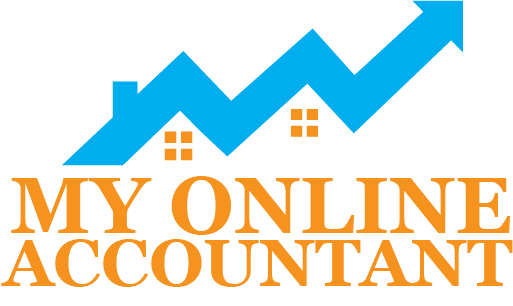When you rent out a property, you must report the rent as income, and the IRS will assess tax on the amount you earn. However, you can deduct expenses from the rent to help lower your taxable income. This process is pretty straightforward when the property is strictly a rental, but it becomes more complicated when you use the property for both personal and rental use.
To help you out, this guide briefly explains how to calculate your rental income. Then, it shows you how to distinguish between direct and proratable expenses.
Calculating Your Rental Income
This is the simple part. Your rental income includes all the income you receive as rent during the year with one exception — if you rent out a personal residence for fewer than 15 days you don’t have to report any of that income. To qualify a property as a personal residence, you must live in it for the greater of 14 days or 10% of the time you rent it out to other people.
Here’s an example. Say you live in a vacation home for 15 days every year and you rent it out for 10 days. In this case, the property qualifies as a personal residence, and because you have rented it out for fewer than 14 days, you don’t have to report the rent as income. On the flip side, if you rented out the home for 10 days but didn’t live in it at all, you would need to report the rent as income because the property doesn’t qualify as a personal residence.
Deducting Direct Expenses
Once you’ve accounted for your rental income, identify all of the expenses directly related to your rental activities. This includes expenses that are only related to your rental that you wouldn’t have incurred if you didn’t have a rental property such as the following.
- Fees from short term rental platforms.
- Local or state licensing or registration fees for your short term rental business.
- Costs paid to advertise your rental.
- Expenses related to photographing your property or creating your rental listings.
- Background checks for tenants.
- Purchasing lockboxes or extra keys.
- Paying to store your belongings while guests are in the home.
- Legal or professional fees for the rental such as paying an accountant to do your tax return or hiring a lawyer to draft rental agreements.
- Office expenses related to your rental activity — for example, paying for bookkeeping software to track income and expenses.
- Additional insurance coverage that only relates to your rental activities.
- Cleaning costs exclusively related to renting.
- Furniture, bedding, toiletries, books, games, or other items purchased exclusively for your guests to use.
To be fully deductible, these expenses cannot be related to personal use. For instance, if you buy a bed and put it in a room in your home that you rent out, you can only write off the entire cost of the bed if it is only used for renters. If you occasionally sleep in that bed or use it to host personal friends and relatives, you must prorate its cost when calculating your deduction.
Identifying Prorated Expenses for Your Vacation Rental Income
When you rent out part of your home or have a vacation home that you use both for personal and rental use, you will need to prorate a lot of your expenses. Prorate simply means that you figure out which part of the expense is related to personal use and which part is related to business use, and then, you deduct the business use portion from your rental income.
Proratable expenses include any expenses that you use incur for the whole home that also help to support your rental business, and they often include the following:
- Depreciation of the rental property.
- Mortgage interest and private mortgage insurance.
- Rent if you rent the property, rather than owning it.
- Real property tax.
- Casualty and theft losses.
- Whole-home repairs.
- Maintenance and cleaning.
- Utilities and trash removal.
- Internet and cable TV.
Again, if an expense relates to your entire property, it is considered to be part business and part personal. In contrast, if it only applies to the rental, you can deduct the entirety of the expense. For example, if you get a new roof, you can write off part of the expense as a business expense and the rest is considered a personal expense. On the other hand, if you replace a window in a room that is exclusively used as a rental, you can write off the whole cost as a business expense.
In our next blog post, we will explain how to calculate business deductions for prorated expenses. To get help now, contact us today. At My Online Accountant, we specialize in providing bookkeeping, accounting, and CPA services to people in real estate-related businesses.


Recent Comments